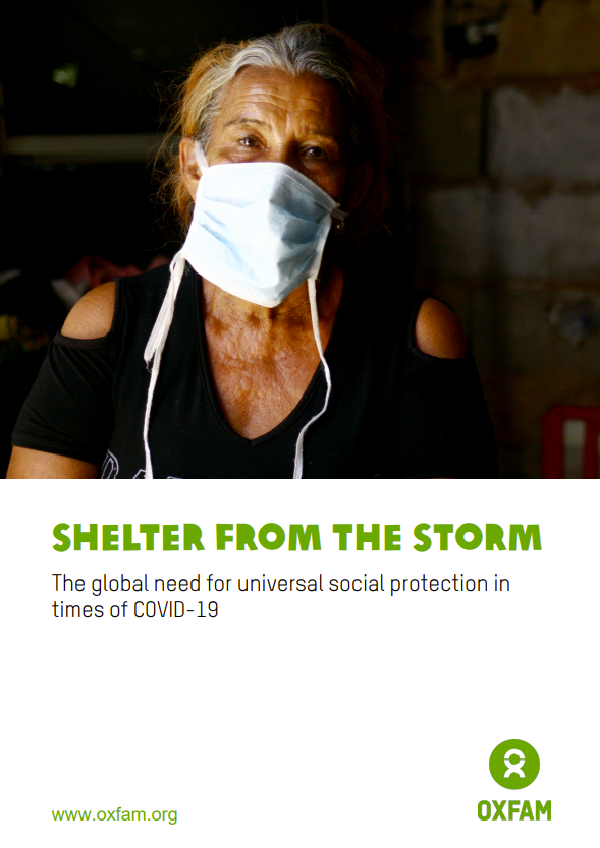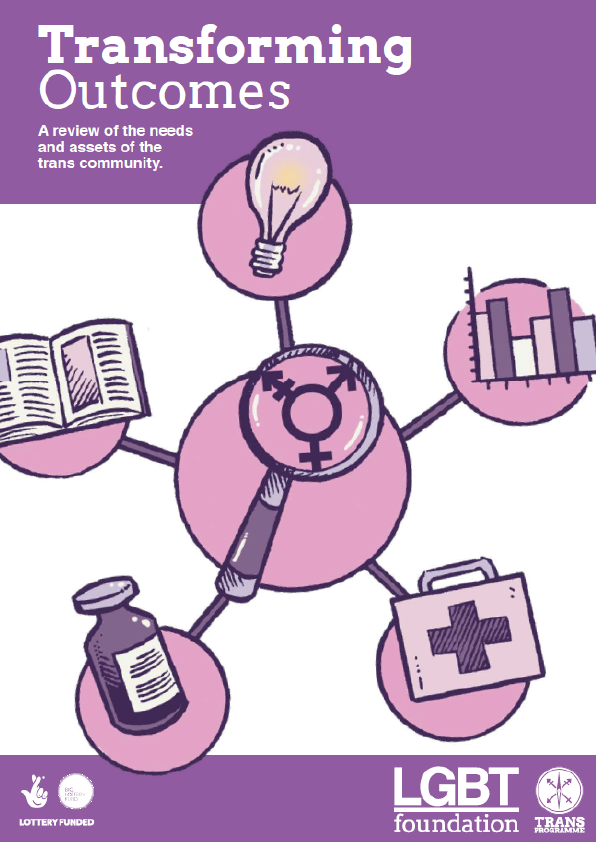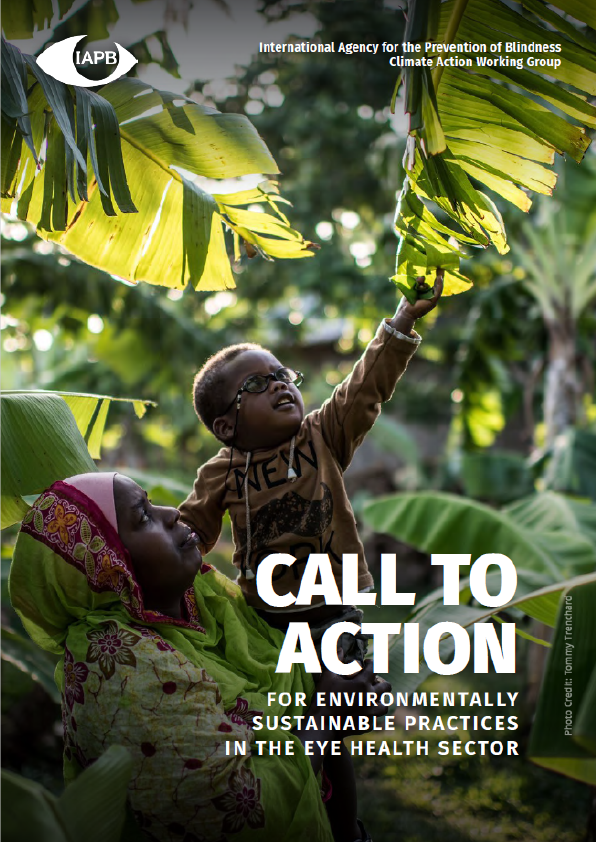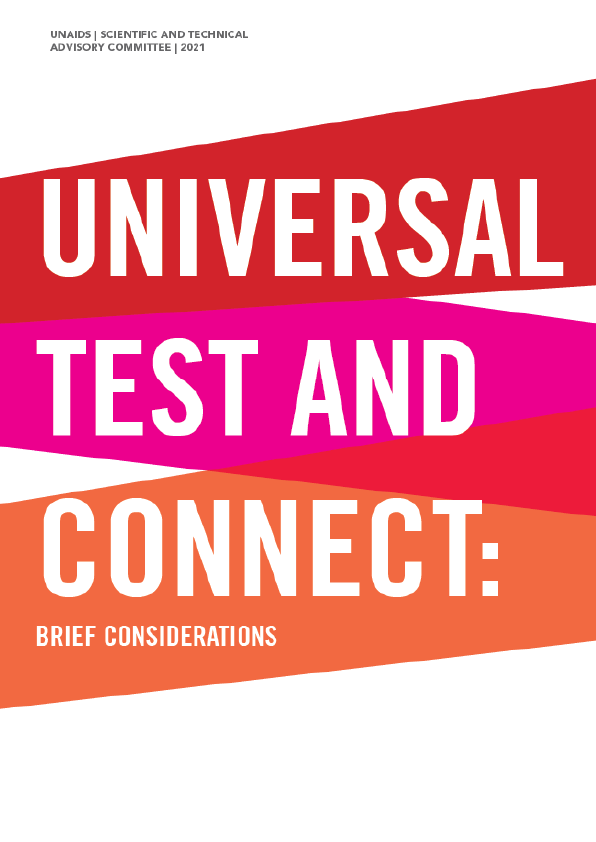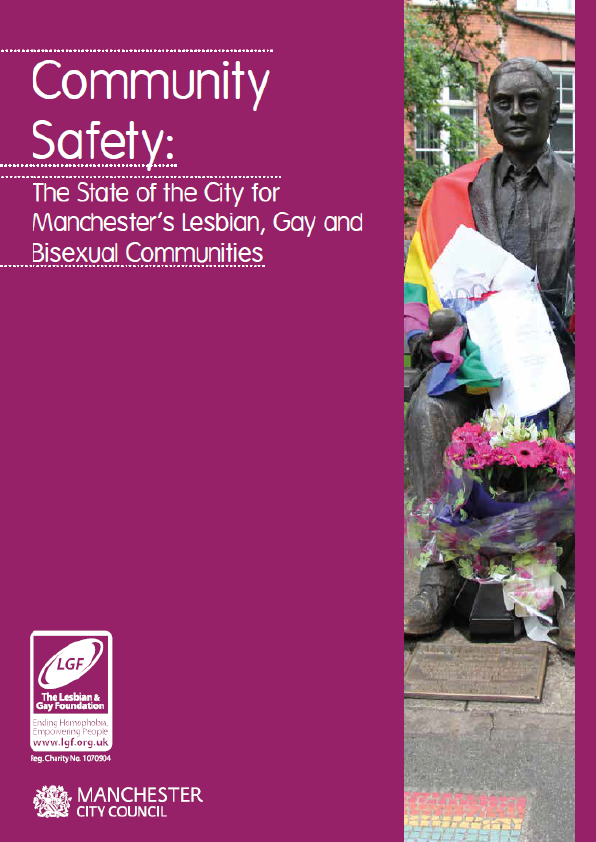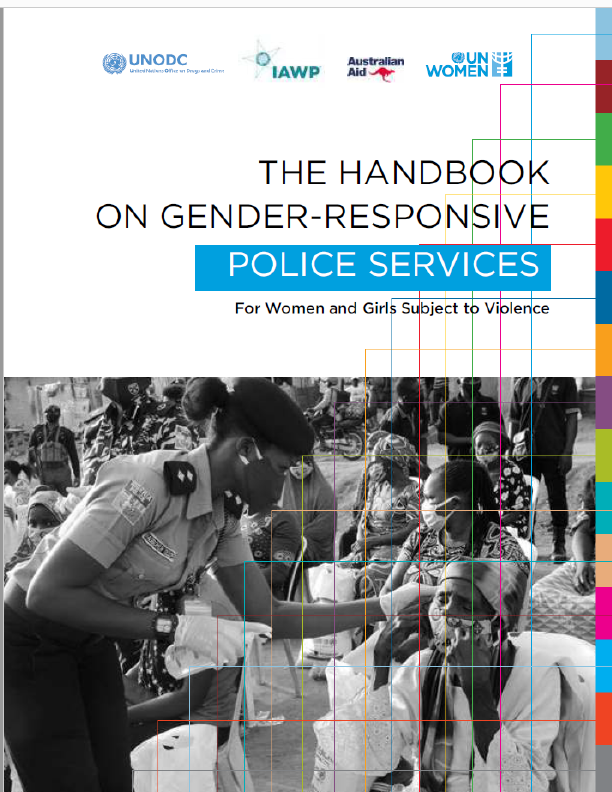Coronavirus disease 2019 (COVID-19) is a contagious disease caused by a virus, the severe acute respiratory syndrome coronavirus 2 (SARS-CoV-2). The disease spread worldwide, leading to the COVID-19 pandemic. As 2020 draws to a close, the economic devastation caused by the COVID-19 pandemic shows no sign of abating. Without urgent action, global poverty and inequality will deepen dramatically. Hundreds of millions of people have already lost their jobs, gone further into debt, or skipped meals for months. Research by Oxfam and Development Pathways shows that over 2 billion people have had no support from their governments in their time of need.
Our analysis shows that none of the social protection support for those who are unemployed, elderly people, children, and families provided in low- and middle-income countries has been adequate to meet basic needs. 41% of that government support was only a one-off payment and almost all government support has now stopped.
Decades of social policy focused on tiny levels of means-tested support have left most countries completely unprepared for the COVID-19 economic crisis. Yet, countries such as South Africa and Bolivia have shown that a universal approach to social protection is affordable and that it has a profound impact on reducing inequality and protecting those who need it most.
The COVID-19 pandemic is causing tremendous loss of lives and livelihoods. The virus itself, and the lockdown measures to contain it, have hit millions of people hard. Hundreds of millions of people have lost their jobs and income; the working time lost due to the lockdown just in the second quarter of 2020 was equivalent to 495 million full-time jobs.1 Women workers in low- and middle-income countries, in particular, are suffering, as they work in the worst-affected sectors, such as garments, services, and domestic work. The income of informal women workers dropped by 60% during the first month of the pandemic.2 In almost every country, unless action is taken now, poverty is set to increase sharply for the first time in decades.
While the wealthy G20 countries have injected $9.8tn into their economies,3 including significant measures to support workers and the general population, the majority of low- and middle-income countries have not been able to deploy the same ‘whatever it takes approach’ to protecting their people and economies. In total, countries around the world have raised $11.7tn in additional spending this year in order to cope with the fallout of COVID-19. Of this amount, 83% has been mobilized by 36 rich countries against just $42bn (0.4%) in 39 lower-income ones.4 When it comes to additional cash poured specifically into social protection programmes, 28 rich countries have spent at the rate of $695 per person. In contrast, 42 low- or middleincome countries have spent from$28 down to as little as $4 per person.
Despite efforts to increase support for workers and families in many countries, 2.7 billion5 people have not received any public financial support to deal with the economic devastation caused by the coronavirus pandemic. Oxfam and Development Pathways’ research, published in this paper, shows that eight out of 10 countries did not manage to reach even half of their population – and women are more likely to be left out of any direct support.
In addition, most of the benefits provided in low- and middle-income countries have been both tiny and temporary. Oxfam’s research shows that none of the benefits provided were enough to pay for basic needs. We also found that 41% of payments to support people were a one-off. Almost all payments have now stopped, despite the hardship continuing.
Ten months into the crisis – as many countries are facing continued brutal economic recession and a second wave of the pandemic – there is an urgent need for every government to implement universal social protection measures to support its people. Social protection measures include unemployment support, payments to elderly people, financial support for children and families, and any public transfer aiming to help households to cope with losses, risks and vulnerabilities. These are a vital lifeline. The governments of South Africa and Bolivia have already shown that a lot can be done by providing unemployment benefits, child support and pensions on a nearly universal and long-term basis; others, such as Timor Leste, have been able to invest in social protection at the level of the economic stimulus needed to keep their economy going. Every nation can do far more to help their people, and our research shows this is possible.
